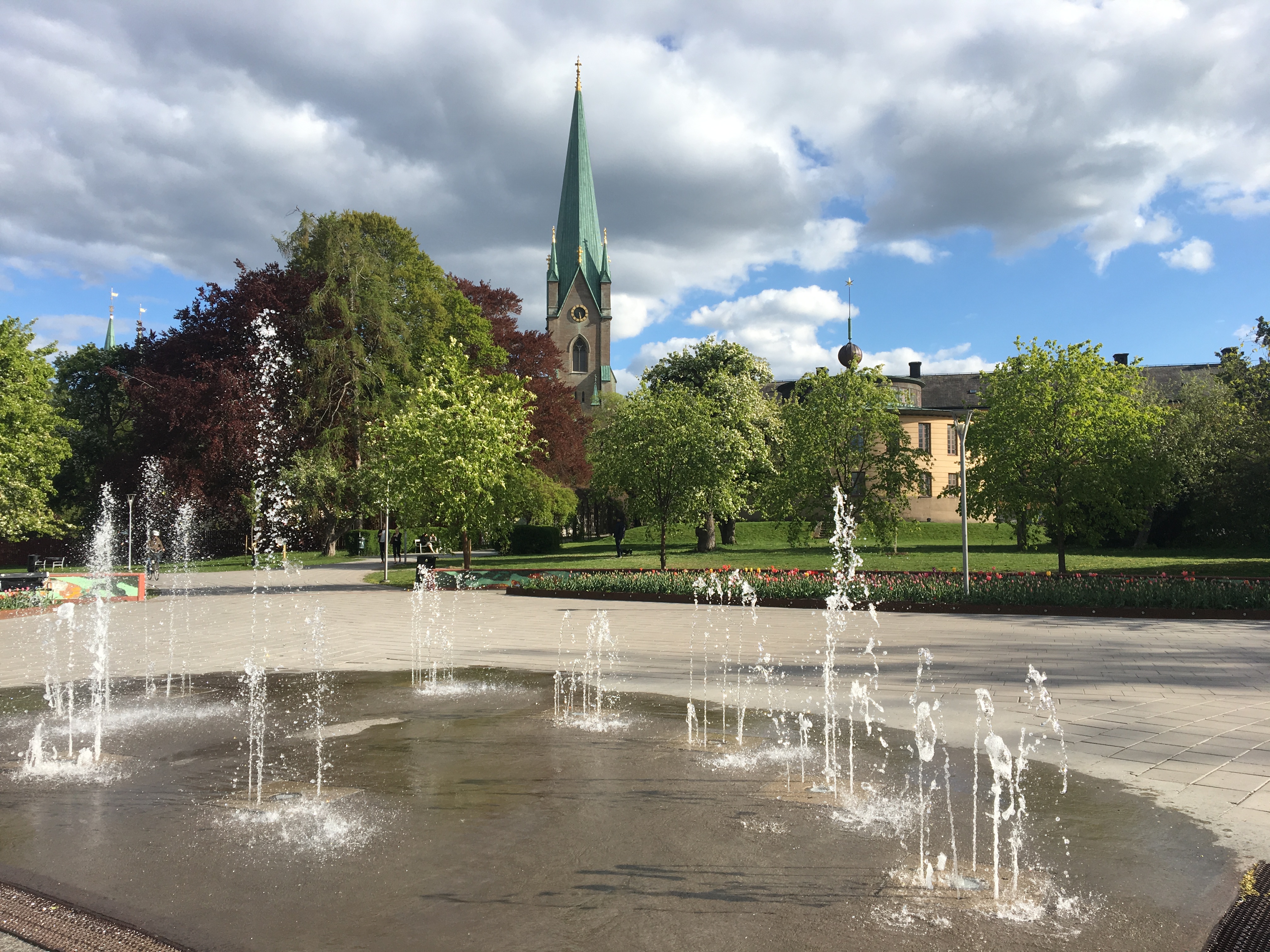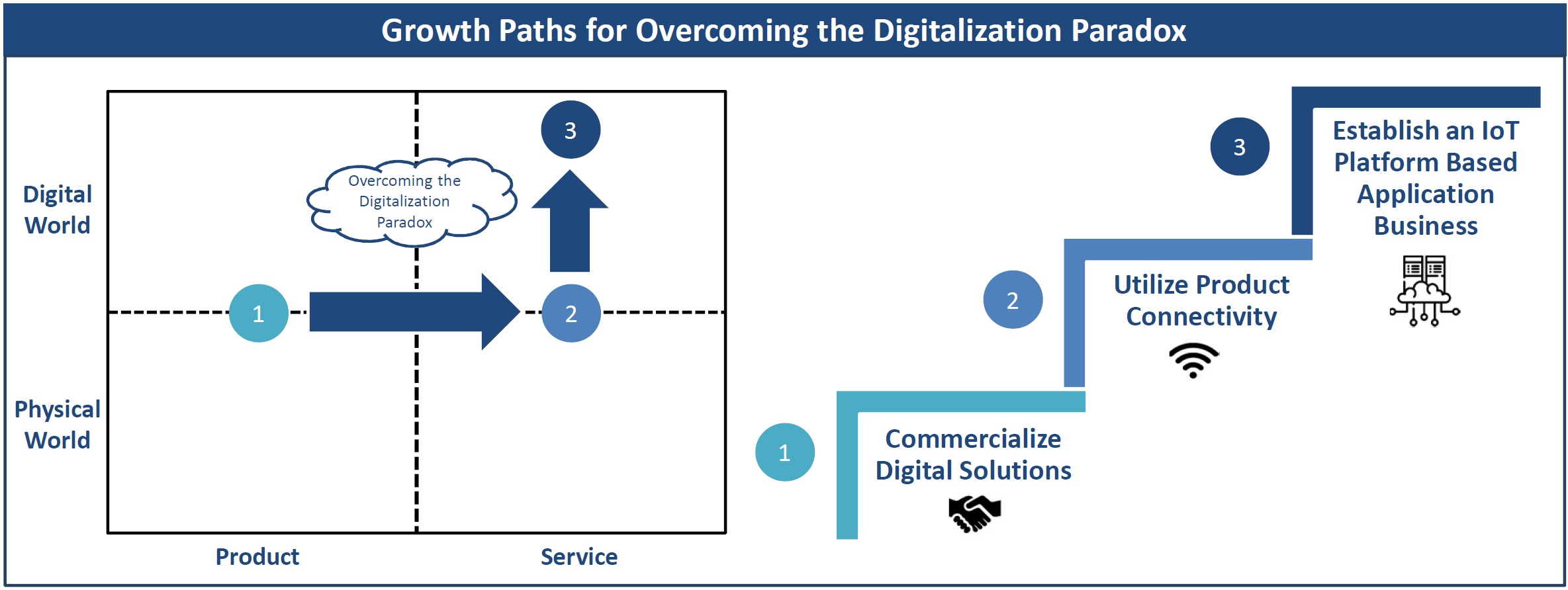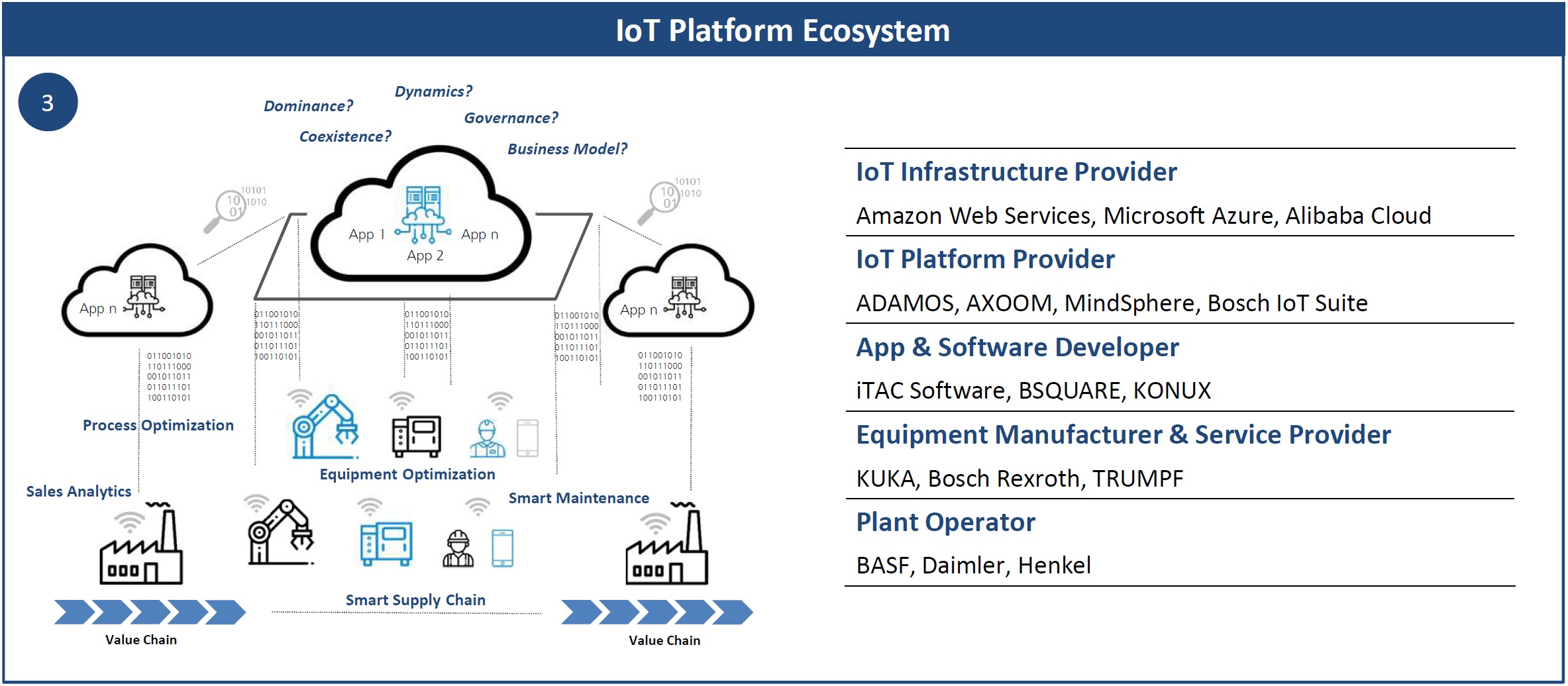Three sentences on the contents of the conference
Due to the digital change and the increasing availability of data, the service landscape in companies is changing.
This facilitates new data-driven services and expanded service offerings, entails changes in business models, the market and competition, and has an impact on organizational requirements and corporate strategies.
Representatives from Scania, SAAB AB, Toyota Material Handling Europe and Electrolux reported on how they are coordinating change in their companies, for example by developing necessary competencies and skills, or by outsourcing certain services to other companies or to value creation networks.






